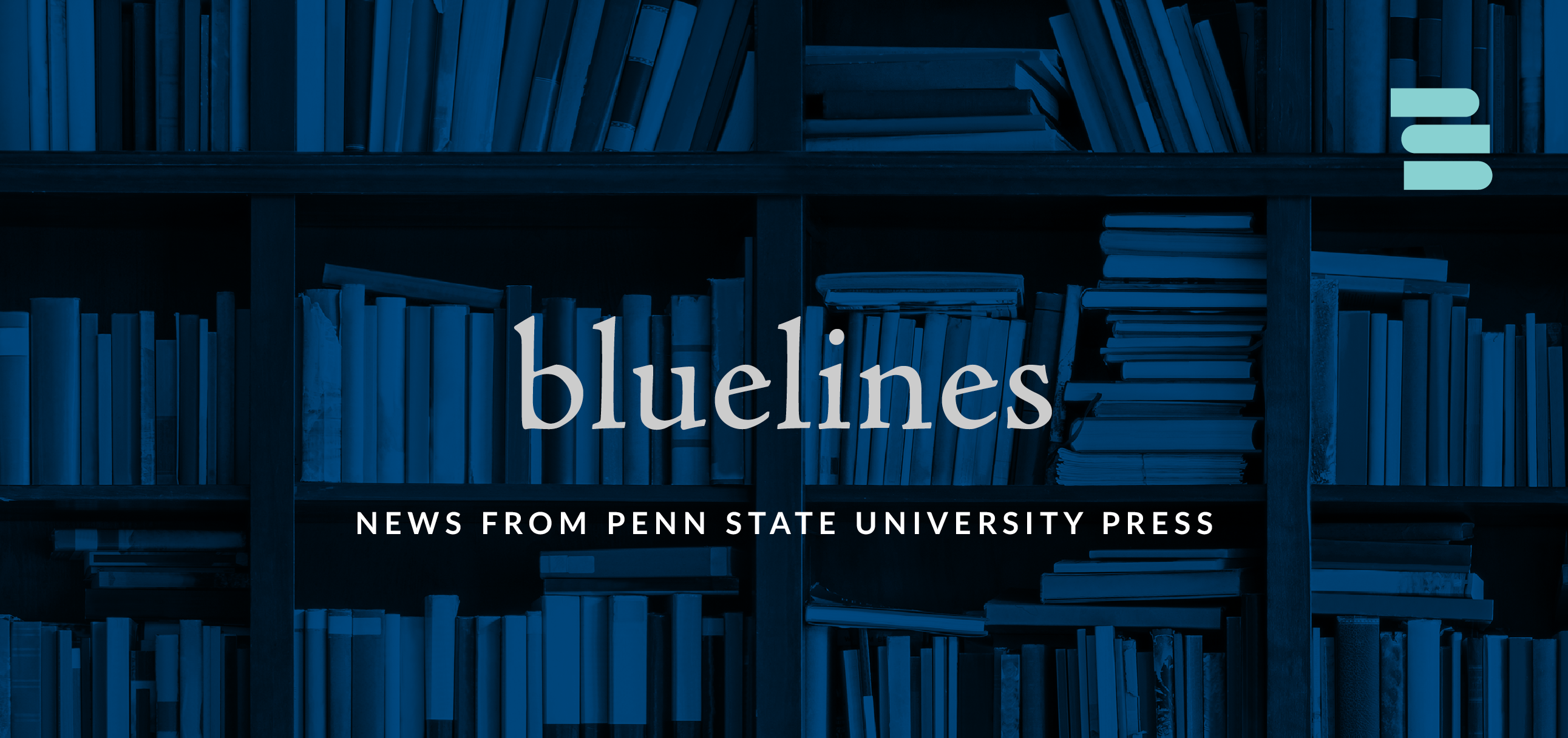
in this issue
general news
Welcome to the August issue of Bluelines!
We’re kicking off this month with 40% off select titles in our Keystone Books series. Browse the sale here and use code PA21 to receive the discount through 8/15. Keep an eye on our sales page for current sales and specials. Or, better yet, subscribe to our emails so you don’t miss out on special offers.
In case you missed it, our Fall/Winter catalog is available! Browse forthcoming books and journals here.
Our first PSU Press Presents event of the Fall 2021 season is coming up in September! Register now for a virtual event with the authors of new books in our Perspectives on Sensory History series, and keep an eye out for more events to be announced soon.
The Press is still taking precautions related to the novel coronavirus, so your orders and responses to inquiries might take longer than normal. Learn more here.
Enjoy!
new & noteworthy
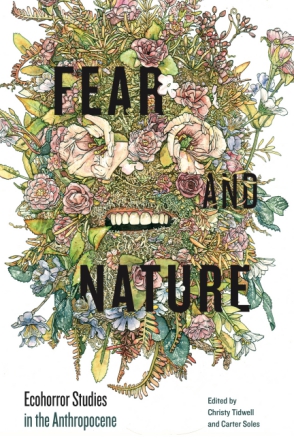 Fear and Nature
Fear and Nature
Ecohorror Studies in the Anthropocene
Edited by Christy Tidwell and Carter Soles
“Fear and Nature expansively defines eco-horror as not only a sub-genre of literature but as a cohesive mode operating across genres and media. Whether talking about Algernon Blackwood or Algernon Swinburne, Bong Joon Ho or Junji Ito, this volume explores the rhizomatic connections that make eco-criticism something that transcends genre, and makes a convincing case for its relevance not only today but as a way of reconsidering what has come before.”—Brian Evenson, author of Song for the Unraveling of the World
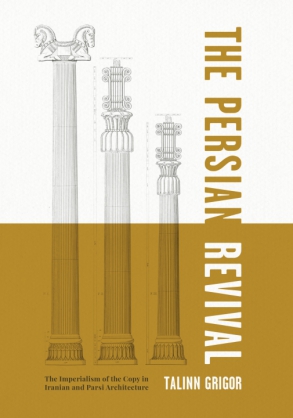 The Persian Revival
The Persian Revival
The Imperialism of the Copy in Iranian and Parsi Architecture
Talinn Grigor
“The Persian Revival is an original study that builds a strong case for the transmission and deployment of knowledge across regions and cultural realms. It does so for a hitherto uncharted period and region—one that has not received adequate scholarly attention—and makes a significant contribution to the growing literature on global art and architectural histories of the long nineteenth century.”—Madhuri Desai, author of Banaras Reconstructed: Architecture and Sacred Space in a Hindu Holy City
subject/series highlight
Q: What was the thinking behind so-called agricultural colleges in the 19th century? Why were they brought into being?
A: The movement to found agricultural colleges in the 1850s was part and parcel of a larger movement toward scientific agriculture—the effort to infuse traditional agricultural practices with scientific knowledge, particularly chemistry, to improve farming practices and productivity.
The agencies pushing for agricultural colleges were state agricultural societies, founded mainly in the 1840s and ‘50s to advance the lot of the American farmer. The United States was an overwhelmingly agricultural nation before the Civil War; indeed 85% of the population was rural and the thinking was that state and federal governments needed to do more to advance the lot of the farming community.
psu press presents
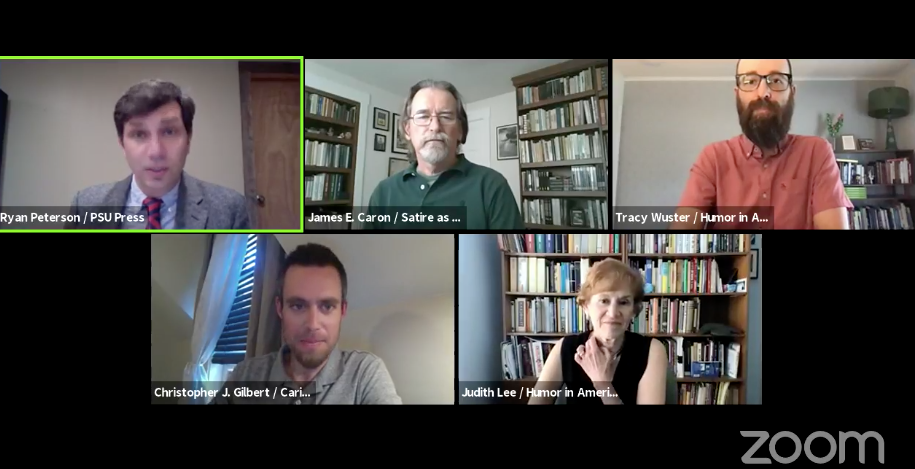
If you missed any of our past author panels, you can watch them on the PSU Press Facebook page!
Click here to learn more about PSU Press Presents.
unlocked book of the month
Each month we’re highlighting a book available through PSU Press Unlocked, an open-access initiative featuring scholarly digital books and journals in the humanities and social sciences. This month’s pick: Centre County: From Its Earliest Settlement to the Year 1915.
new from eisenbrauns
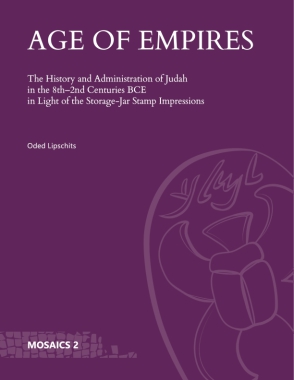 Age of Empires
Age of Empires
The History and Administration of Judah in the 8th–2nd Centuries BCE in Light of the Storage-Jar Stamp Impressions
Oded Lipschits
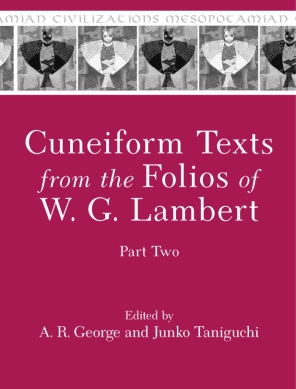 Cuneiform Texts from the Folios of W. G. Lambert, Part Two
Cuneiform Texts from the Folios of W. G. Lambert, Part Two
Prepared for publication and edited by A. R. George and Junko Taniguchi
new from graphic mundi
| Control your subscription options |
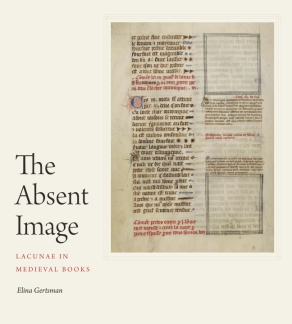
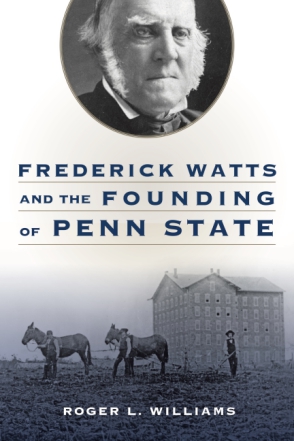
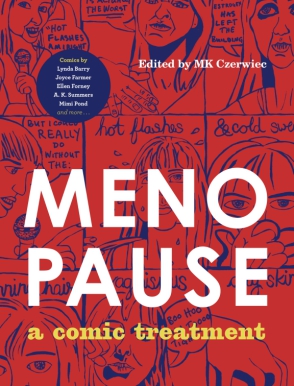
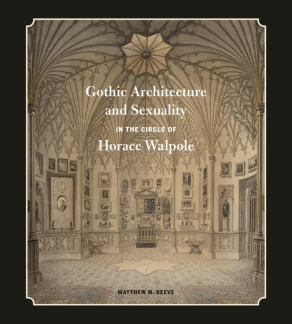

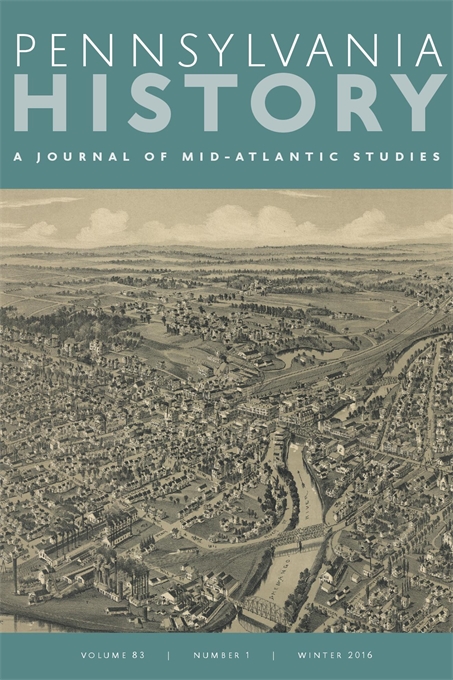
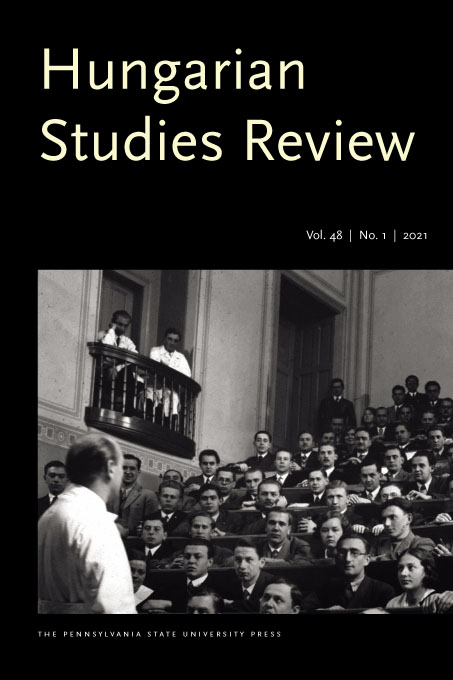
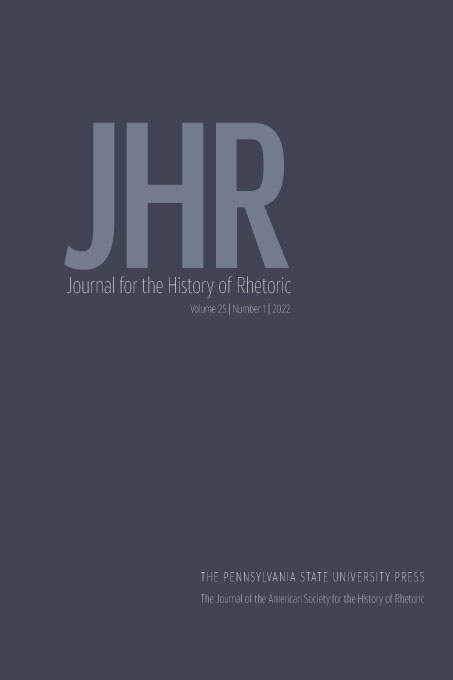
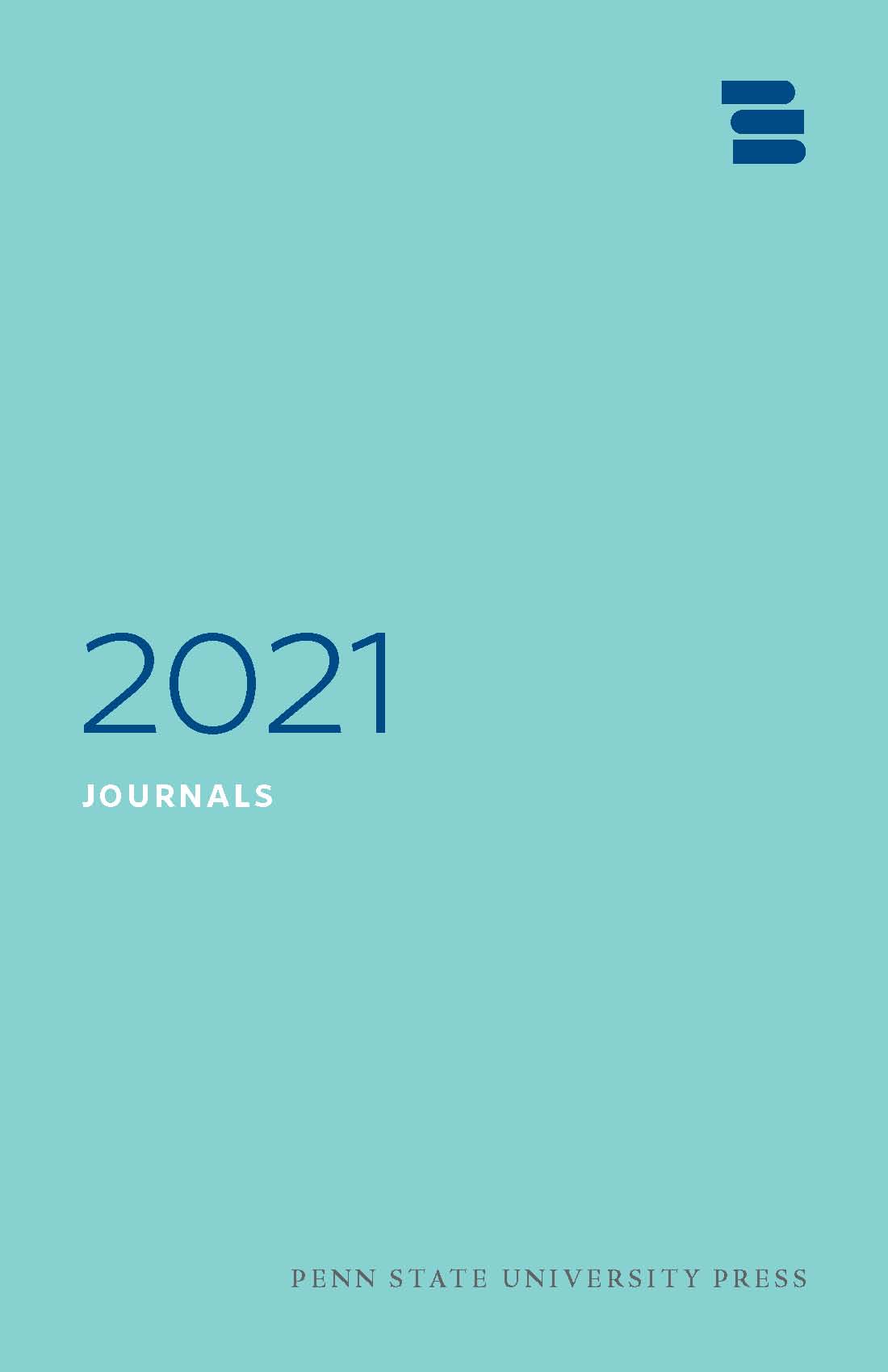
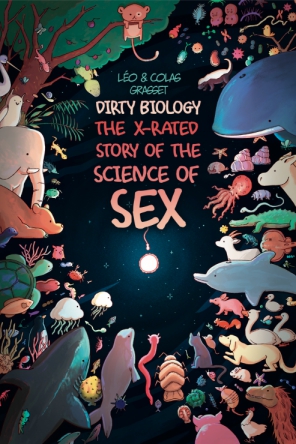 Dirty Biology
Dirty Biology
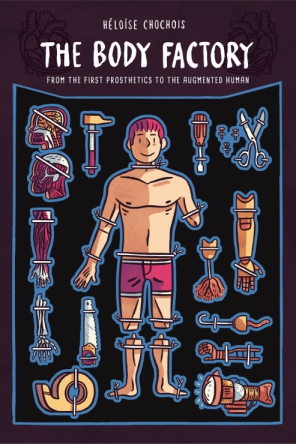 The Body Factory
The Body Factory
